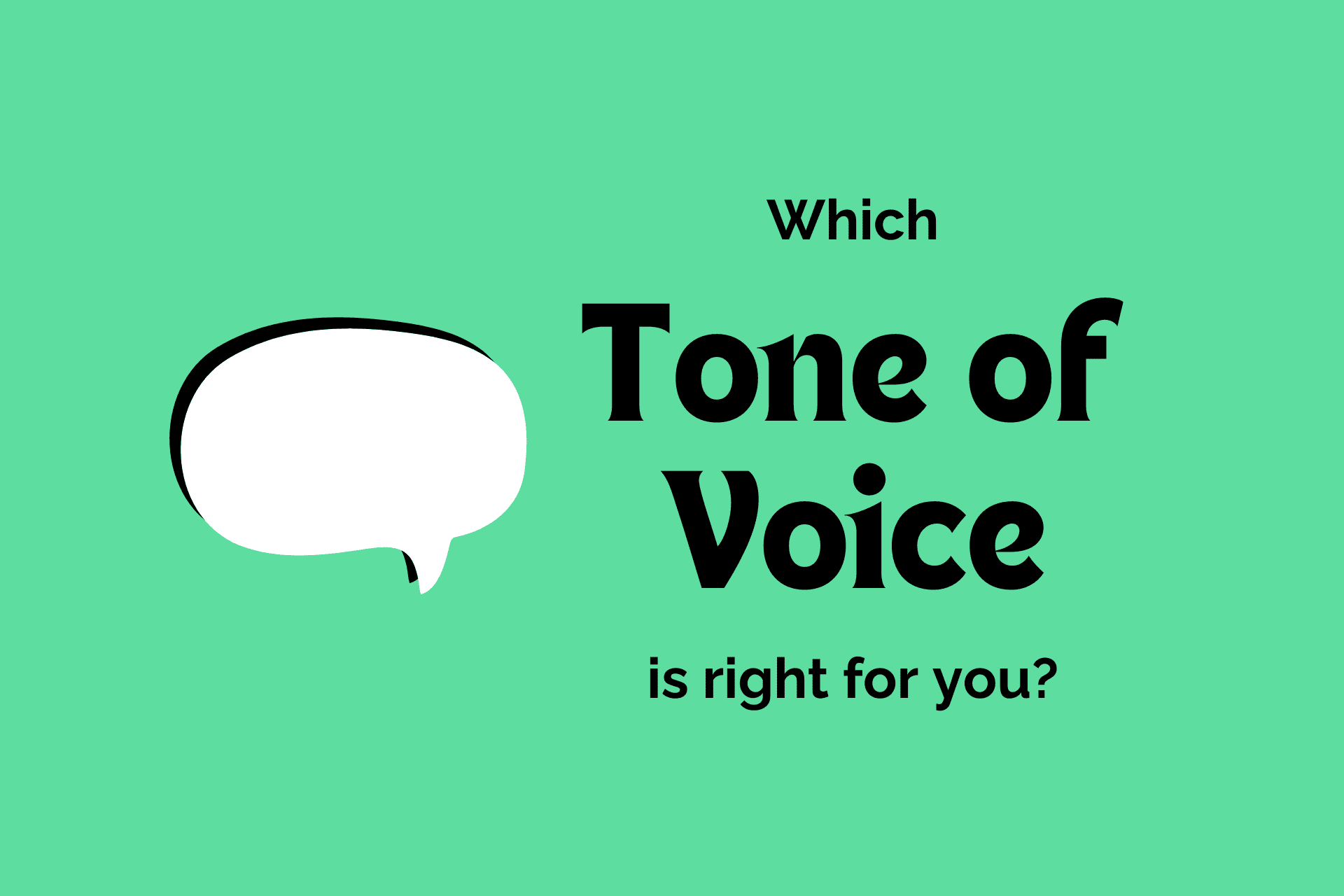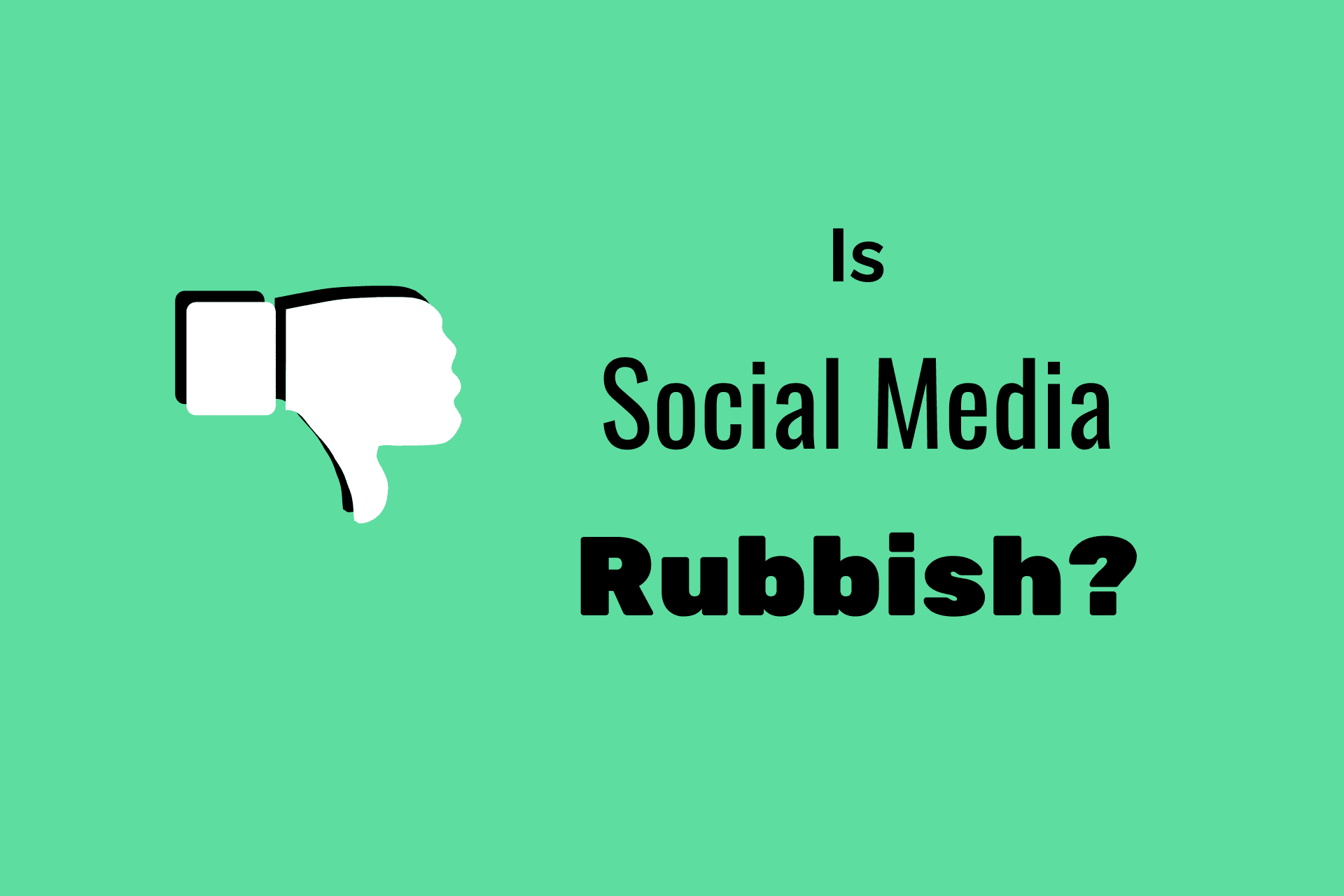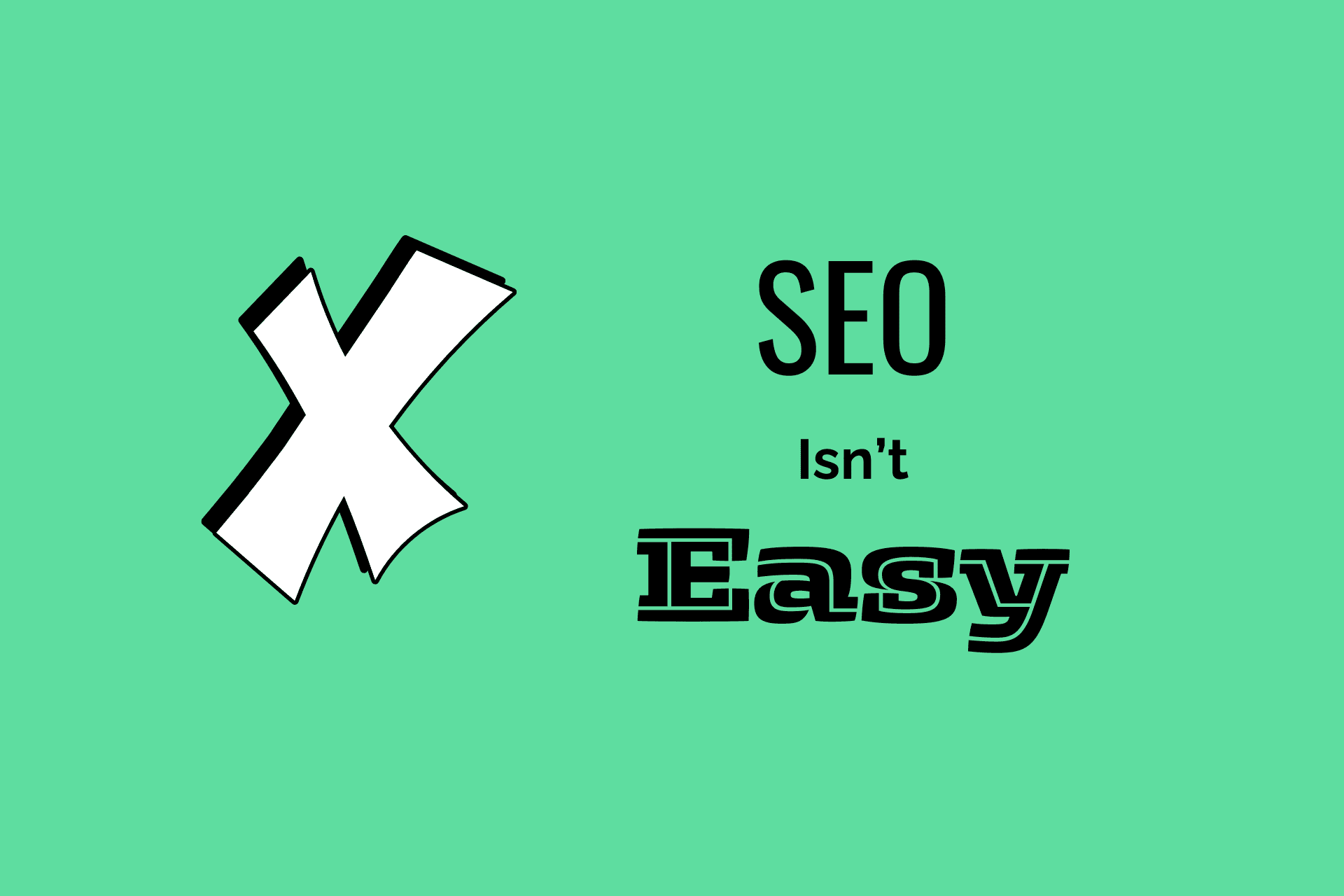Link building is still the #1 method of improving your SEO and it probably still will be for at least the next few years, but is it ethical?
10 years ago link building was a bit of a dark art. Now, there is some light. In some ways, we’ve come full circle with our SEO tactics because the old-school traditional marketing methods can now be applied within an SEO framework. This also means that the playing field is much more level than it was 10 years ago.
Despite this however there are still some iffy “dark art” tactics. Somehwat frustraintgly, some of these tactics can work. So it’s a mixed bag, but let me explain…
The internet quality paradox
Google is becoming more intelligent with it’s analysis of links, reviews, quality content, penalties for misguided tactics, image searches, voice searches and video searches. As well as that it is also strengthening it’s quality control on the web in westernised countries. And, while this is good, it is somewhat tainted as it could be argued that it pretty much has a monopoly on the web and can dictate matters – this is a topic for another day! For now, let’s just say Google is trying to help the quality of the web and it’s search results.
However, on the other side we have a web that’s snowballing with hate. At the BBC’s annual Richard Dimbleby lecture, inventor of the web, Tim Berners Lee spoke about the state of the internet, saying:
“The web does not have to stay the way it is now. It can be changed, it should be changed, it needs to be changed”.
The web is becoming a place dictated by clickbait, false information, trolls and exploitative reviews – take a look at how the authors at Vice created a fake restaurant in a shed in someone’s garden and got it to be the #1 restaurant in London on Trip Advisor.
Is SEO ethical?
With that paradox in mind, is SEO really ethical? Is marketing itself even ethical?
As marketers and digital marketers it’s our job to uncover the areas of a product or service that may be buried beneath the surface and shout about them at the top of a tower.
But often things are blarted out that aren’t worth shouting about, like “our customer service is excellent” when you have a 2 star average rating. Marketers sometimes have to “exaggerate truths” (and yes, that’s basically marketing speak for “we have to lie a bit”).
Hate the players or hate the game?
I went to BrightonSEO in the summer of 2019 and there was one presentation that really stuck with me. It had some excellent actionable tips with great examples and proven results. It was about spotting tabloid-like trends in the news and jumping on opportunities for the purpose of press coverage and links. Jumping on opportunities is nothing new in marketing. In it’s basic form it’s like making the most of the rush of Black Friday or Christmas.
But part of this presentation gave an example which took things to the extreme. It mentioned how there was an increase in online tabloid stories covering topics over choking incidents including a child choking to death. At no hesitation the presentation concluded how this was a great opportunity to produce some link-worthy content for one of their clients. The content was a guide based on what to do if a child was to start choking. Of course, in many ways this is useful information for an audience. But if the intent is to gain links, then I’d argue that the information is always going be secondary to the PR-ability or marketable nature of the content.
Similarly, this is a bit like when you see an aging footballer who was once a world-beater sign for a lower-tier club – Is the intent that the new signing will help the team win matches or is it that the owners will make a large profit off the sales of shirt? Either way, I think I’d draw the line before creating a piece of content out of dying children for the purpose of links.
On the other side, there are some content pieces where jumping on opportunities can be a lot less harmless. Dominoes recently created a campaign based on the rise in young people using the phrase “FOMO” (or in other words, “fear of missing out”). They changed the phrase to “JOMO” or the ‘joy of missing out’, which basically means, instead of going out with friends, you stay in and eat pizza. On a surface level this appears a lot let harmless. (OK it’s not an angel – fast food isn’t exactly helping people to stay healthy).
Like I say, the presentation at BrightonSEO actually had some excellent ideas and while I disagree with some of what they said, for me it’s more a case of “don’t hate the player, hate the game”.
Ethical ways to build links in 2020
In 2020 I think we can do much better ethically in SEO and get better results. I’m a firm believer that if you want to be #1 in Google you should have earn’t that spot legitimately and fairly. I also think that SEO doesn’t need to work in silo. These ideas below have other benefits to a business like good PR, networking or brand awareness. With that here are 5 ways to ethically build links:
#1 Sponsoring a charity
Finding a charity that you can support has so many benefits. But from an SEO point of view it’s also incredibly powerful. Firstly, gaining a link from the chosen charity’s site will be very beneficial partly because they tend to have a very powerful domain authority.
Secondly, the multiple PR coverage you can generate for the initial launch as well as fundraising events throughout the year can also help to create links from credible publications.
But you can also utilise your charity partner as an invaluable USP. Tom’s Shoes do this with their brilliant one-for-one policy. And, this USP will only help your conversion rates if you proactively mention it on your website.
Benefits:
– Multiple PR opportunities
– Linkbait
– Links
– User-experience
– Good reviews
– Drive social mentions
#2 Sponsoring a local sports team
Getting involved with a local sports team has many benefits. Often there are different sponsorship levels at differing costs but the cheapest could be just sponsoring their website which can gain you a great local link back. However opting for a higher level of sponsorship like being a shirt sponsor or banners at the ground (as well as a link on the website) can have further benefits such as engaging conversations and outreach on social media.
Again, the domain authority of a sports team’s websites tends to be quite strong too and very good for local SEO in particular.
Extra tip: Just be aware of NoFollow links that can sometimes happen on a sports team’s website.
Benefits:
– Links
– PR
– Content
– Social responsibility
– Team bonding
– Drive social mentions
– Local awareness
#3 Sponsoring a local event
Similarly with sports teams there are often many events that require sponsorship with which you can gain a backlink from. Awards nights in particular often have many sponsors required for all the individual awards. As well as that, these award sites often have a high domain authority score as they naturally pick up links.
Extra tip: With awards often comes a lot of PR coverage across many didn’t publications. Use a mention tracking tool (like Google alerts) to track mentions of the award you may have sponsored and then chase up with those sites to see if they can link back from your brand name.
Benefits:
– Links
– Automatic PR coverage
– Social responsibility
– Drive social mentions
– Networking
#4 Running your own network event
As well as sponsoring an event, you can also run your own event. This has multiple link opportunities, as there are often many local business networking websites that want to hear about local events. Those sites for starters usually provide you with a valuable DoFollow link.
Not only that, there are also multiple content opportunities which can help you build links once the event is finished. You could ask participants for a soundbite on a question to create a roundup article and then reach out to those participants and their websites.
Benefits:
– Links
– PR
– Multiple content opportunities
– Drive social mentions
– Networking
#5 PR
Creating and distributing a press release is still a great way to build backlinks. Sure, some of those links from publictions will be NoFollow, but thre will still be some very valuable DoFollow links around.
For your PR to have the best results your story needs to have a hook. Some hooks will be stronger than others. But if you start by gathering a list of publications and then grouping them into whether they are industry specialist, industry general, local or even national. You can then tailor your press release to that group. Often the industry specialist publications are the easiest to go for as they are the most relevant to your business. For example, if you were looking after a business that builds conservatries, there will be specialist online publications within that industry (I’ll hazard a guess at one being called “Conservatories World!”). These publications are often crying out for news, so while you still need a hook your news doesn’t necessarily have to be groundbreaking.
Benefits:
– Links
– Networking and finding key contacts
– Drive social mentions
So, what does the future of ethical SEO look like?
As marketers our job is to highlight the strengths of a business, but often these days the lines between “highlighting” and simply “making up” strengths can be a bit blurry. When there is limited regulation people will do all they can to ensure they are succeeding as much as possible. While it’s true that this can be a case of “don’t hate the player hate the game”, that attitude is also the same as saying “not my problem”, and I think that’s not healthy.
The good news is that consumers are becoming much more aware of fake reviews and fake articles, as well as being driven not only by cost or quality but also the ethical nature of the product or service in question. The rise of the vegan industry in recent years highlights this. In other words, it might not necessarily be a choice of whether to produce ethical marketing or not, it could simply become just what you have to do.
If you have any questions about this post or need some help with your digital marketing & SEO, you can get in touch with me here.



